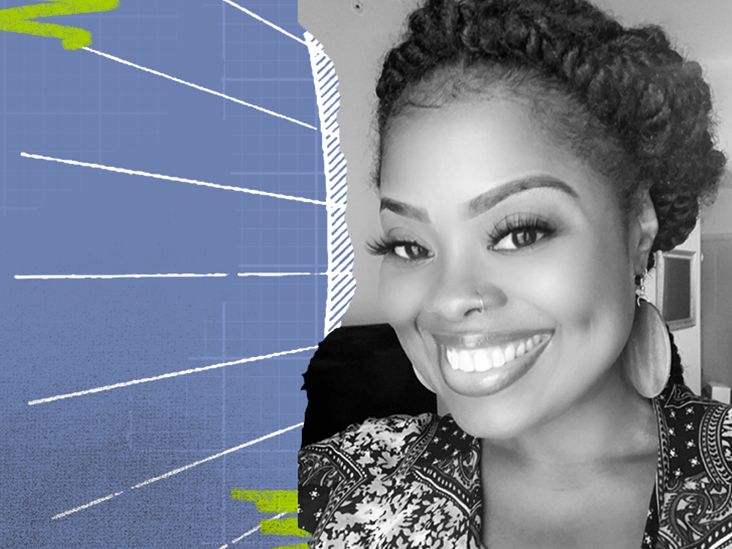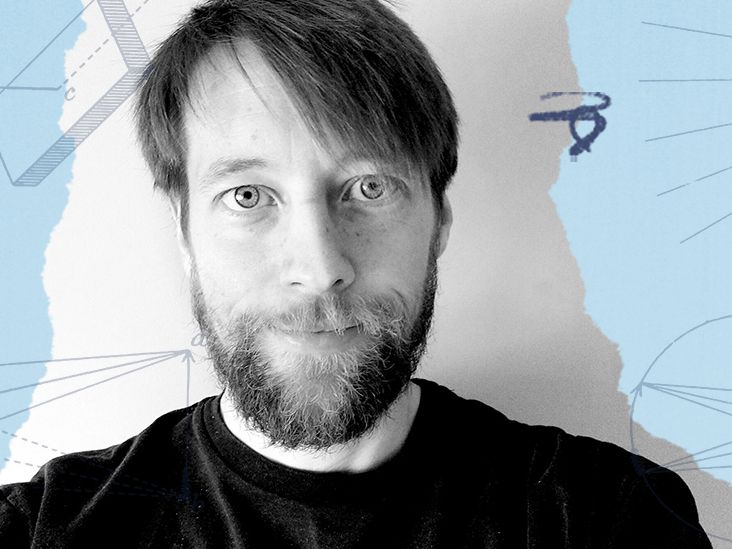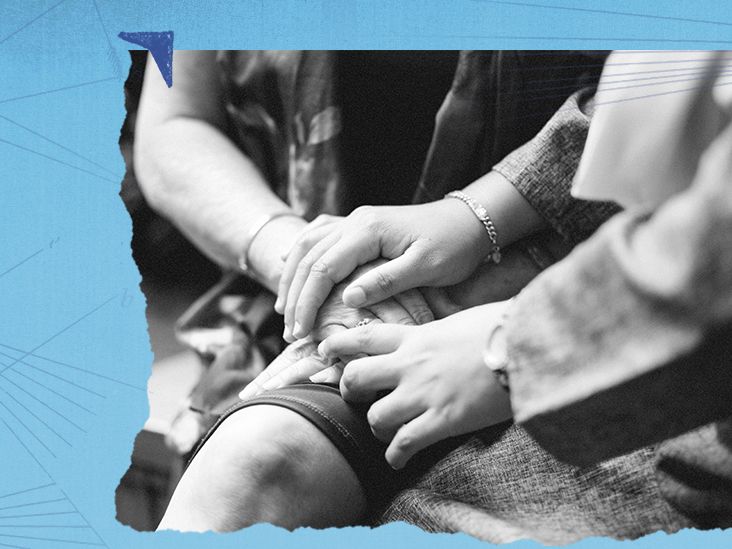
About 4 years ago, what may have appeared healthy to others was really my debilitating desire to be as small as possible.
There were many warning signs that my initial attempt to improve my health was turning into something much more sinister. However, I ignored these warning signs. I was too ashamed to admit to what was going on.
Now, I want to change that by sharing my story. Namely, I was suffering from an eating disorder.
As I was leaving college to go to university, I wanted to make a change. I was always the “token fat kid” growing up, being the biggest one among my peers. Although I never realized that it bothered me, I always thought my body didn’t look “how it should.”
I had grown up with this story, but I didn’t want to be known just as the fat kid anymore. Why would anybody want to be reduced down to how their body looks?
So, I started to make changes slowly. I started to move a little more and improve my eating habits — nothing particularly drastic. On reflection, I wouldn’t say I had an eating disorder at this time. However, I definitely had a disordered attitude toward eating and my body. I felt compelled to eat in a way that changed my body and how it looked.
As I did this, I began to receive many compliments: “Connor, you’re looking so healthy!,” “You’re looking great!,” “Looking lean, Connor!,” and so on.
Truth be told, I began to crave this recognition. I struggled a lot in school, mainly due to learning difficulties that doctors only picked up not long before I went to university. Not only was I the token fat kid, but I was also the one who was intellectually always going to be behind. I never felt I got any credit, but here was something everybody could see and praise me for “achieving.”
I then moved to university, and all of these comments stopped. I was now a “normal looking” guy, but this wasn’t enough for me. I had found this way of getting the recognition that I craved — by losing weight and looking “better.”
I started going to the gym every other day. I would scour the internet for the next “Brutal Bodybuilder Muscle Building Blueprint” or other similar rubbish. I would do this for a week before panicking that I wasn’t looking more “manly” and jumping onto the next program. I did this for a year obsessively, not realizing that I had started going down a path I would later regret.
I then started to go to the university boxing club. Yes, I wanted to make some new friends, but more importantly, I wanted to carry on this transformation. If people could see me and think, “Hey, look at the ex-fat kid doing the toughest sport around — go him!,” then I’d be satisfied.
I attended a few times a week. After about 6 months, my coach asked me if I wanted to compete. “Amazing,” I thought to myself. “What an end to this fat kid story I’ve featured in for so long. An actual boxing match! Me! Connor, the fat kid whom everybody pointed out for being big and never gave any credit.”
Sadly, from the moment I accepted this match, I changed. I had to lose some weight to meet a weight category requirement that was far below what is healthy for me. However, I was going to do it regardless. I craved the credit, and I was going to get it.
To say I was obsessed with food, weight, calories, and so on would be an understatement. I trained multiple times a day, measured every bit of food that I ate, and weighed myself morning and night. Eventually, I weighed myself at every possible opportunity. I started to become disinterested in all other hobbies and activities.
Fast forward a couple of months after starting this new regimen, and I had my boxing match. It was good, but the real fight started after the bout finished. Now that I had no requirement to meet a certain weight, I started to binge on food. Many around me thought it was funny and almost deserved. I had been “good” with my diet for so long that I deserved to indulge.
I remember having a panicked feeling the day after my first boxing match and the subsequent bingeing episode. I knew I would gain weight if I didn’t do something about the excess food I had eaten. So I went for a longer run than usual and restricted my food intake even further once I got back. I felt I had to “make up for” the binge.
This 1-day solution turned into an all-encompassing way of living. I tumbled to a point where I was restricting extremely all day, exercising compulsively through all the injuries I was picking up, and ending each night in pain from uncontrollable food binges.
I had lost interest in many of the things I loved. I started to distance myself from friends and family. I would turn around at the door of social events, fearing that many would see me as fat even though I was physically withering away.
Sadly, none of these warning signs mattered. I had to lose weight and maintain this macho image — there was no choice. Anyway, my boxing club elected me as captain and signed me up for my second boxing match, so I felt, “something must be working, right?”
Far from it. I was broken inside, unable to think of anything other than the food I was eating little of but craving so intensely. Despite this, I never thought that things could be any different. I was residing in the idea that this pain was my new way of living, even if it would slowly kill me.
Then, one day, on a freezing 4 a.m. run in Edinburgh — trying to burn off my “failure” of eating too much the night before — I broke down. I was injured, miserable, and a different person entirely. How did I get to the point where I was so obsessed with how I looked and how people saw me that I was going to such extreme lengths to lose weight?
Thankfully, I spoke to my friend about what was happening. I didn’t have the words to call it an eating disorder, but I knew something wasn’t right.
I was lucky enough to then speak with my general practitioner [primary care physician] and eventually work with a therapist. I had a great experience with my therapist and now consider myself fully recovered, but that was only possible because I reached out.
Many men out there are suffering from an eating disorder. However, because of our cultural misunderstandings around how they affect people, many men go without treatment — their struggles unnoticed.
These are not just insignificant issues that affect a small minority. Eating disorders are a debilitating experience, but it is possible to overcome them with the right help. Men do experience eating disorders, and I was one of them. By sharing my story, I hope that more people can realize this and intervene with their friends, family, or even themselves.
If you think a man in your life is suffering, please speak with them. And if it is you who is suffering, please reach out. It is a hard conversation, but it is always worth it.


